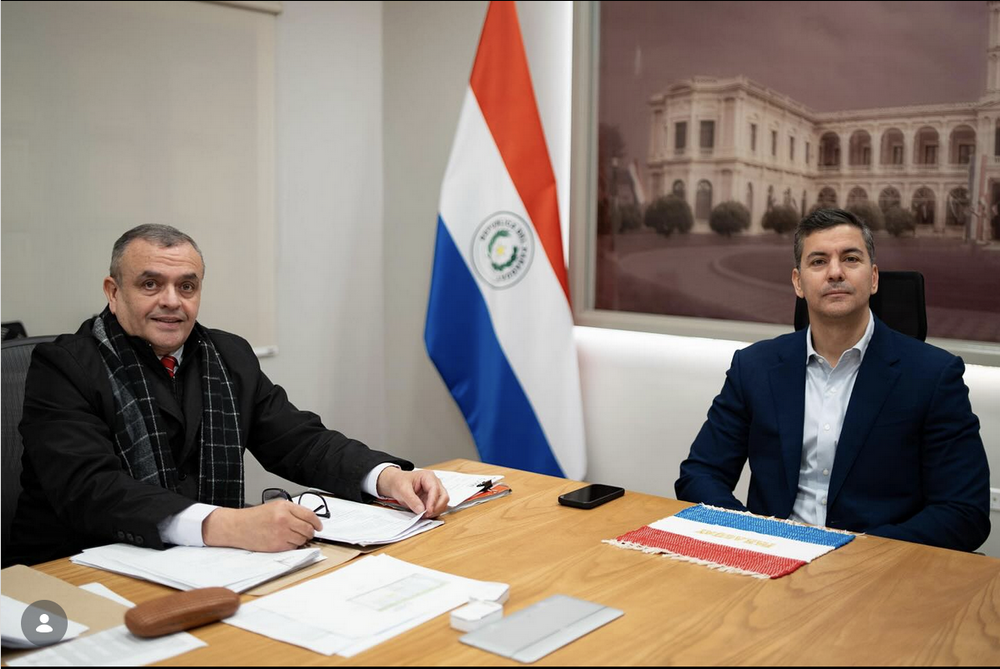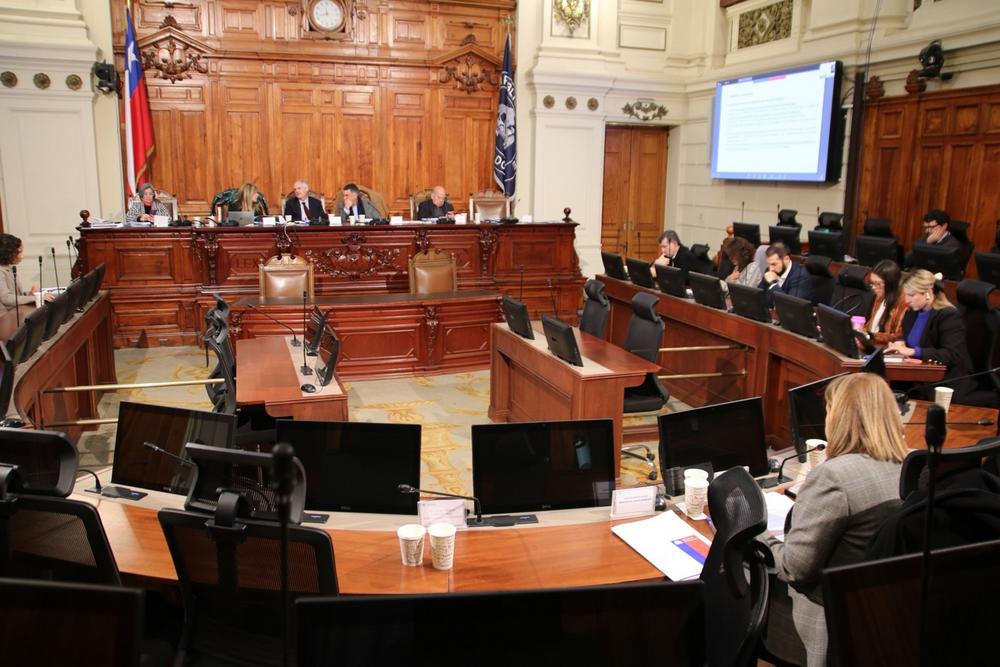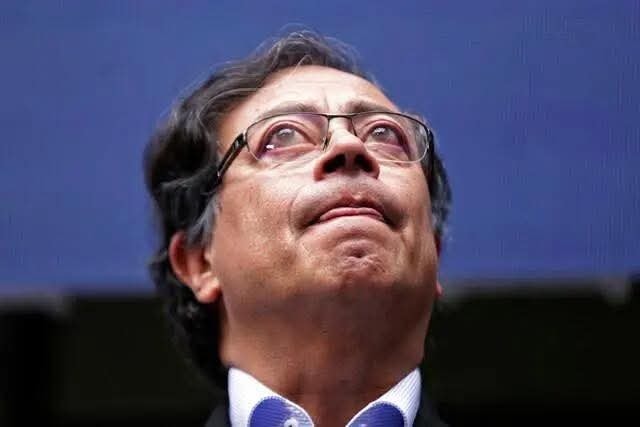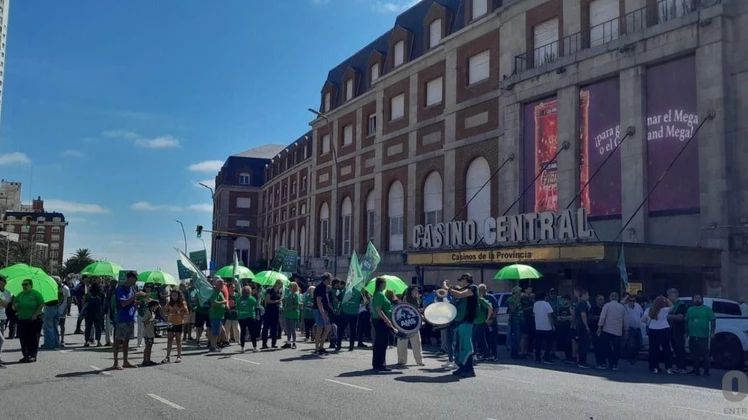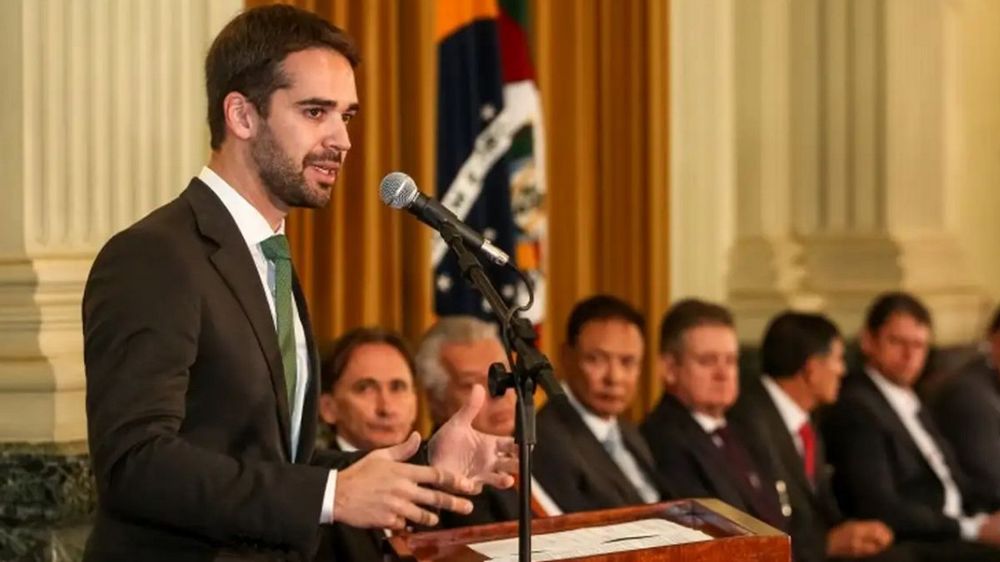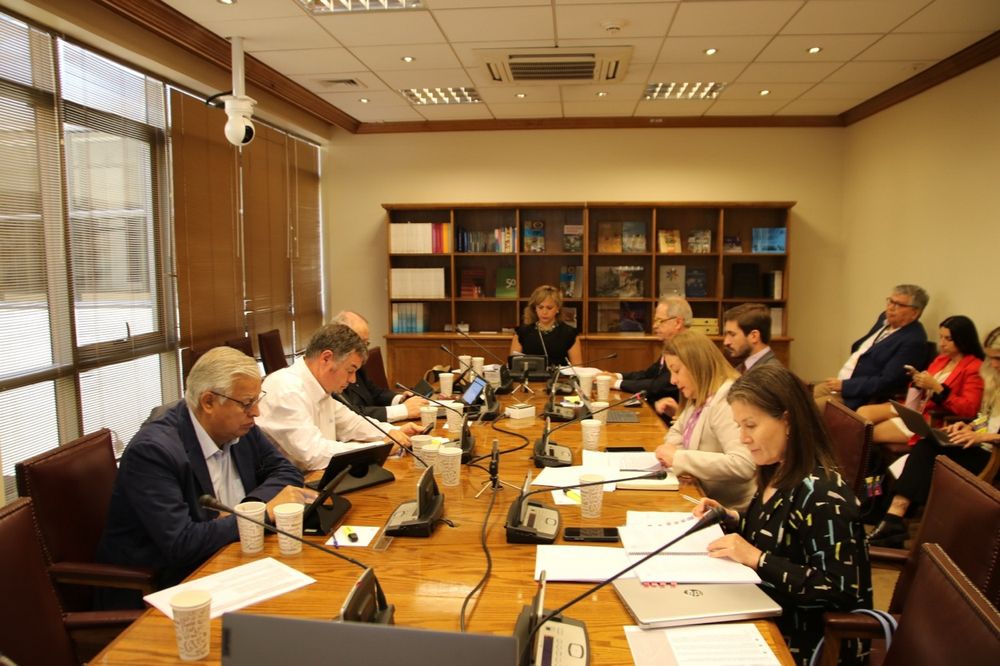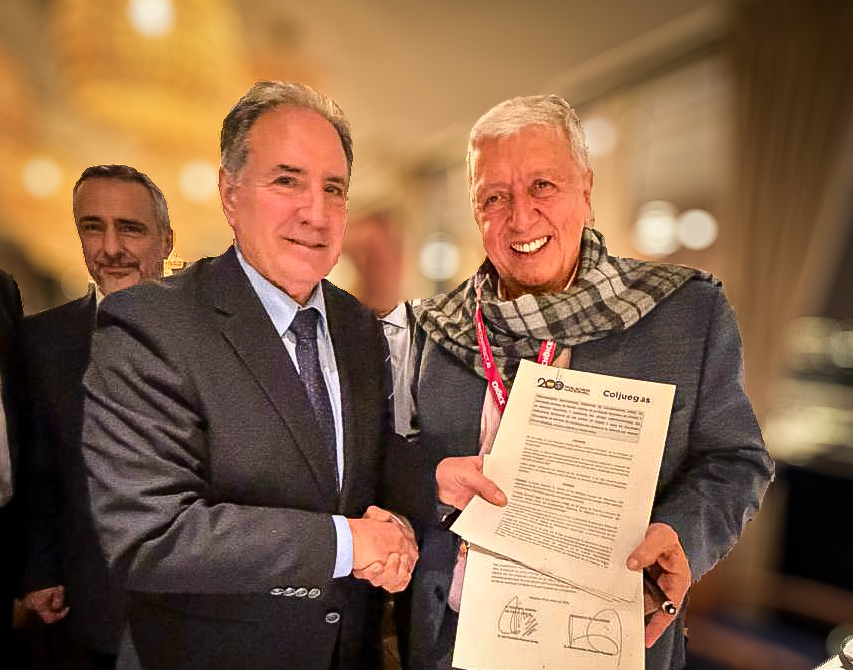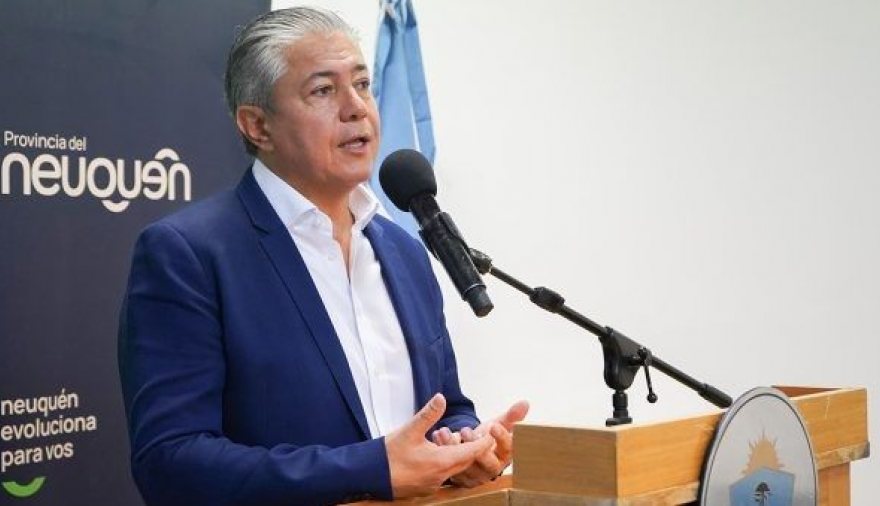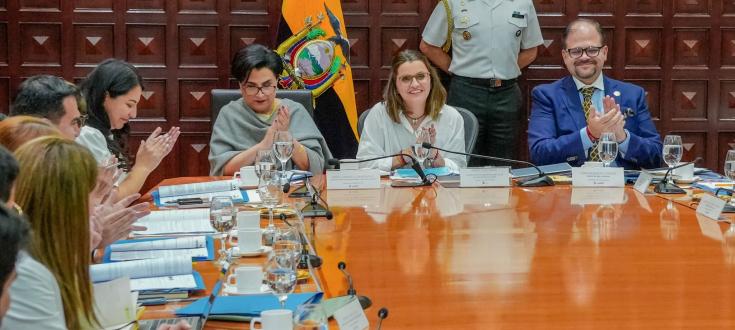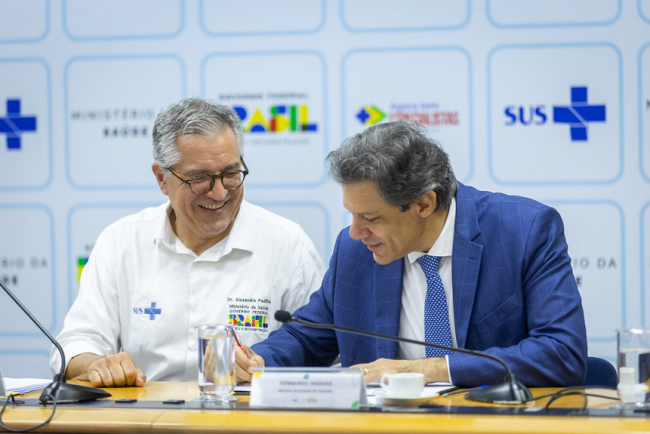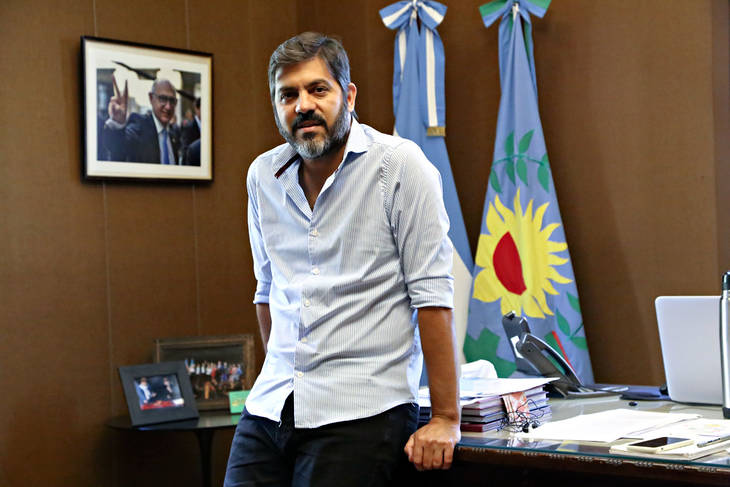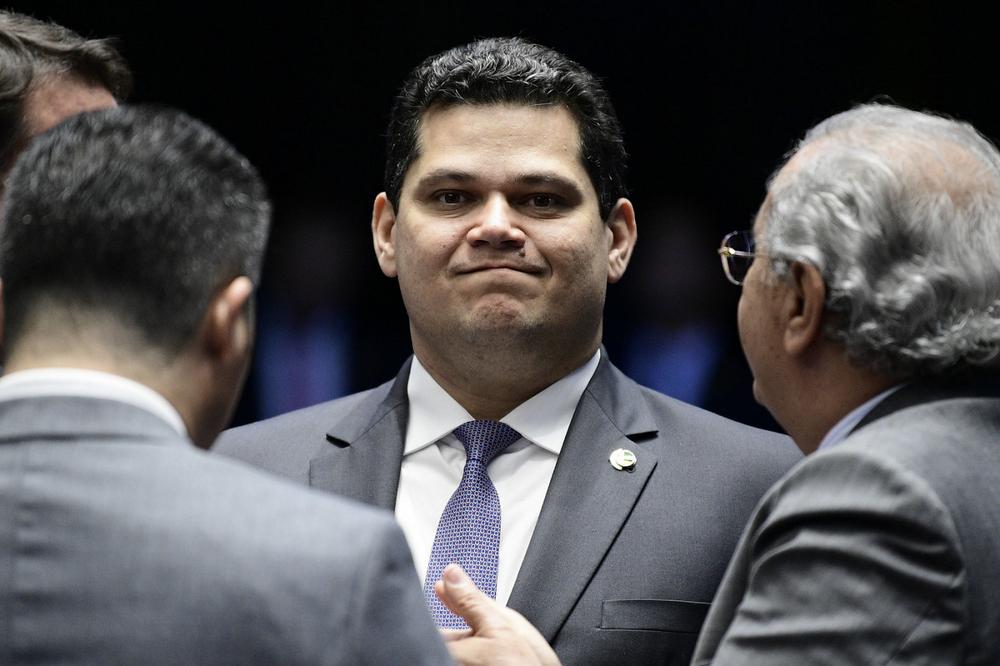RIO DE JANEIRO — Brazil’s long-awaited effort to legalize land-based casinos has once again been pushed off the Senate agenda, leaving one of Latin America’s most-watched gambling reforms in limbo. Senate President Davi Alcolumbre confirmed that the vote on PL 2,234/2022 was delayed due to low attendance, a procedural setback that adds to years of legislative gridlock.
The bill, which would authorize casinos, bingo halls, and jogo do bicho operations, was approved by the Justice and Citizenship Committee back in June 2024 but has struggled to advance to a full floor vote. Lawmakers remain deeply divided, with strong resistance from the evangelical caucus and conservative senators who argue that expanded gambling could fuel addiction and crime.

Supporters, however, highlight the potential economic benefits. Finance Minister Fernando Haddad has spoken in favor of regulated brick-and-mortar casinos as both a tourism driver and a reliable source of tax revenue. He contrasted the situation with Brazil’s rapidly growing online betting market, which he recently described as a “moral stain” despite delivering billions in taxes.
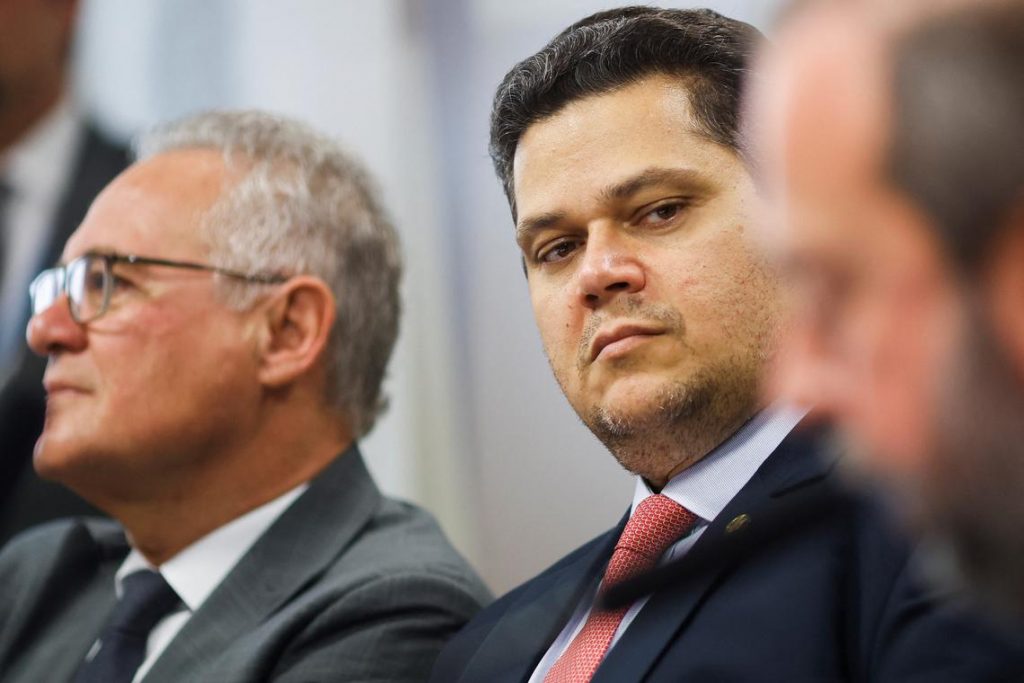
Since its official launch in January 2025, the licensed online betting sector has generated R$17.4 billion in gross gaming revenue (GGR), contributing R$3.8 billion in federal taxes and channeling R$2.14 billion into social projects within just six months. Analysts argue that a regulated land-based casino framework could unlock another R$20 billion annually, reinforcing Brazil’s position as a global tourism hotspot.

Public sentiment also appears to be shifting. According to the DataSenado Institute, nearly 60% of Brazilians support legalization, with backing strongest among younger voters and urban populations. Proponents stress that without regulation, billions continue to flow to unlicensed venues and offshore operators.
Brazilian senate recesses without voting on casino legalization bill
Still, ideological battles remain fierce, and the political calendar complicates the road ahead. With municipal elections looming in October, some observers believe the casino debate may be shelved until 2026. For now, Brazil’s casino dreams remain on hold—caught between economic opportunity and political resistance.











